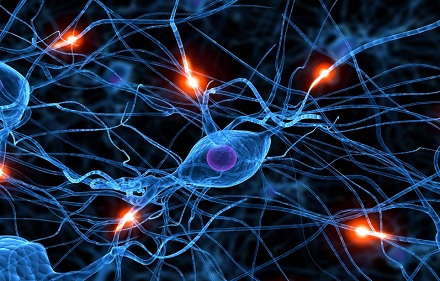3-D Cultures of Human Neuronal Cells for Parkinson's Disease Drug Discovery

Dopaminergic neurons—the main source of the hormone dopamine—are known to be progressively lost in Parkinson’s disease, a neurodegenerative condition causing tremor and motor impairment. A new system utilizing 3-D dopaminergic neuronal cells could allow researchers to discover new drugs for Parkinson’s disease, according to a recent publication in Lab on a Chip. In particular, dopaminergic neurons have been derived from human induced pluripotent stem cells, which are widely applied in toxicology and biomedical research, and have been cultured under microfluidic culture conditions resembling the physiological characteristics of human tissue. This new human-based method might pave the way to personalized drug discovery for Parkinson’s disease.
References
- Locumi Moreno E, Hachi S, Trietsch SJ, et al. Differentiation of neuroepithelial stem cells into functional dopaminergic neurons in 3D microfluidic cell culture. Lab Chip. Published online March 30, 2015.








